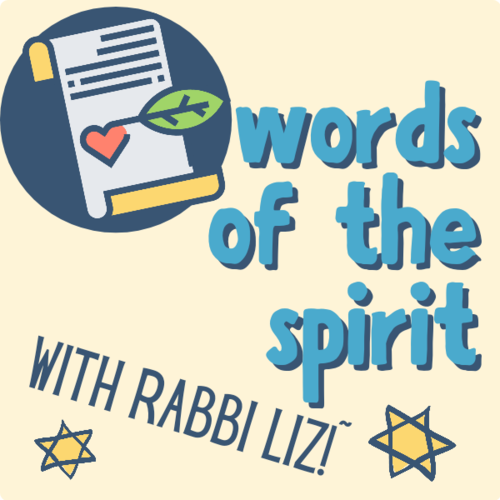Naming Rights*
25/11/2014 09:48:11 PM
| Author | |
| Date Added | |
| Automatically create summary | |
| Summary |
Jacob said to his kin: Gather stones. They took stones, made a mound, and ate there by the mound. Laban called it Yegar-Sahaduta, but Jacob called it Gal-Ed. (Gen 31:46-47)
Two different languages, the same name. Witness-mound. Laban’s name for the site of this peace treaty is in Aramaic; Jacob’s is in Hebrew. How did it come to pass that these two men from the same family used different languages for a place name? They were in the very same place, yet they clearly did not see it in the same way.
July 30, 2014. The power of this different-name, same-place was illuminated for me under a hot summer sun beating down on the rolling hills outside of Bet-Lechem. The roads, the region, the buses and taxis, the highways, the pathways, even — especially — the towns and cities, are called by two peoples by different names.
That day I visited Daher’s Vineyard, honouring the commitment I’d made a few years before to Daoud Nassar, when we had met in the United States, to visit him and the Tent of Nations, a project established in 2000 on Nassar family farmland.
Miladeh, his mother, asked in her limited English — vastly superior to my non-existent Arabic — where I was staying. I replied: Jerusalem. She responded: Al-Quds. Later that day I returned to Jerusalem, not to Al-Quds. Yet it was the same place.
I tell this story; we read Jacob and Laban’s story. We look at the same mounds, we see different places. What lens, what device, would provide me and Miladeh with the capacity to see and name those places with a shared vocabulary?
The language of human rights speaks powerfully to this question, in unequivocal and universal tropes. Set out in 30 articles, the Universal Declaration of Human Rights begins: All human beings are born free and equal in dignity and rights.
There will always be stories of people who see the same place and name it in the language of their ancestry. Yet it remains an urgent need for us now, today, to realize a vision of one-place-with-many-names to truly hold, in all its complexity, in the land of our biblical heritage.
[*This is an excerpt from a longer devar Torah on parshat Vayetze that appears on the website of T’ruah: The Rabbinic Call for Human Rights. For the full devar Torah, see tinyurl.com/n6kvzbp. T’ruah sponsors Human Rights Shabbat, which OrH will observe on December 6. See truah.org.]
Wed, 9 July 2025
Special Messages from the Rabbi
Privacy Settings | Privacy Policy | Member Terms
©2025 All rights reserved. Find out more about ShulCloud







